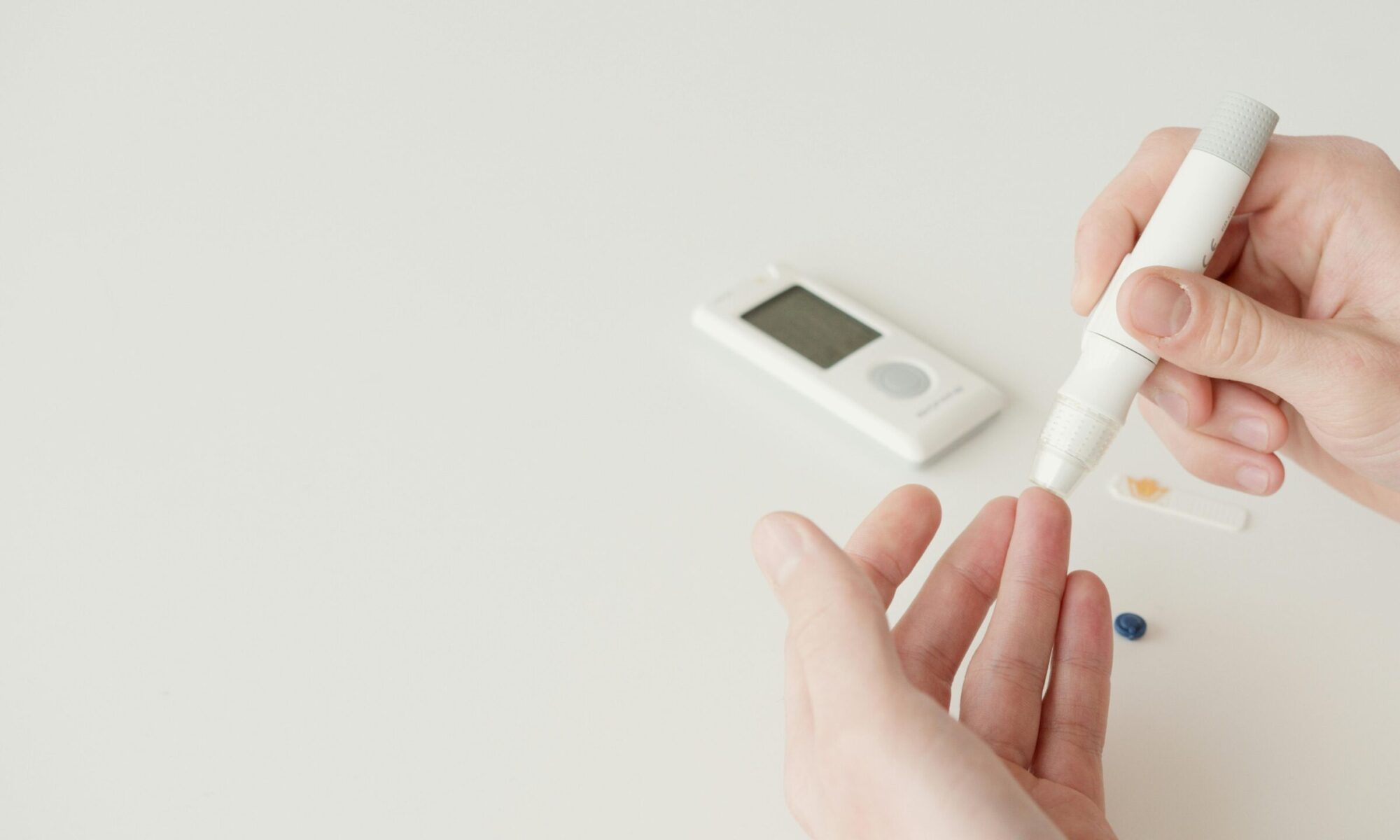Hypoglycemia, or low blood sugar, can occur in children with Type 1 Diabetes, often without warning. Detecting hypoglycemia early is essential because untreated episodes can quickly become severe. However, young children may not always recognize or communicate symptoms. This article outlines the key signs to observe and how parents and caregivers can respond effectively.
What is Hypoglycemia?
Hypoglycemia occurs when blood glucose levels drop below 70 mg/dL, although this threshold can vary slightly between individuals. Young children are more susceptible to hypoglycemia due to their developing bodies, unpredictable appetite, and high physical activity levels. Detecting it early helps prevent serious complications such as seizures or unconsciousness.
Early Signs and Symptoms of Hypoglycemia in Young Children
Since young children may struggle to verbalize their feelings, it’s crucial to recognize both physical and behavioral changes. Key symptoms include:
Behavioral Changes
- Irritability or sudden mood swings: Children may become fussy, angry, or difficult to console.
- Fatigue or drowsiness: They may suddenly appear tired or unwilling to engage in activities.
- Unexplained crying or clinginess: Children may act distressed without any clear reason.
Physical Symptoms
- Shakiness or tremors: Hands may tremble or the child may seem unsteady.
- Paleness or sweating: Look for clammy skin, particularly on the forehead and palms.
- Hunger: Young children might ask for food suddenly or express hunger more urgently.
- Rapid heartbeat: Hypoglycemia often triggers a noticeable increase in heart rate.
Neurological Symptoms
- Confusion or difficulty concentrating: The child may seem confused, forgetful, or struggle with tasks they usually handle easily.
- Slurred speech or lack of coordination: This could appear as stumbling or dropping objects.
- Seizures or unconsciousness (in severe cases): Immediate action is needed if these occur.
When to Check Blood Glucose Levels
Parents and caregivers should be vigilant in these situations:
- Before and after physical activity: Exercise can cause delayed hypoglycemia hours after the activity.
- After meals or snacks: If a child refuses food, their blood sugar may drop.
- During illness: Infections can affect glucose levels unpredictably.
- Overnight: Hypoglycemia often occurs during sleep, so nighttime checks may be necessary.
How to Respond to Hypoglycemia in Children
If hypoglycemia is detected (glucose level <70 mg/dL), take these steps:
- Give 15 grams of fast-acting carbohydrates, such as:
- 4 ounces of fruit juice
- 1 tablespoon of honey or sugar
- Glucose tablets or gels
- Wait 15 minutes and recheck blood glucose levels.
- If levels remain low, give another 15 grams of carbohydrates.
- Follow with a small snack containing protein and complex carbs (e.g., a piece of fruit with peanut butter) to prevent another drop.
For severe cases, glucagon injection or nasal glucagon may be necessary to restore blood sugar quickly. Always follow up with a healthcare provider after a severe hypoglycemic episode.
Preventing Hypoglycemia in Young Children
- Maintain a consistent meal schedule: Avoid long gaps between meals.
- Adjust insulin doses: Work with a doctor to tailor insulin doses based on the child’s activity and eating habits.
- Monitor blood sugar closely: Use Continuous Glucose Monitoring (CGM) systems if available to track patterns and avoid unexpected lows.
- Educate caregivers and teachers: Ensure all caregivers know how to recognize and treat hypoglycemia.
Hypoglycemia in young children with diabetes can be unpredictable, but careful monitoring and prompt action can prevent serious outcomes. Recognizing behavioral changes, physical symptoms, and being prepared to respond quickly are essential. Continuous education and collaboration with healthcare providers can help parents confidently manage their child’s blood glucose levels.
Disclaimer:
The content on this website/article is community-driven and contributed by non-medical professionals. The observations and views expressed reflect the experiences and opinions of the non-medical community. You are strictly advised to seek the advice or opinion of a qualified medical professional before considering or acting on any information, opinions, or views presented on this website.
View Count: 10 Views

